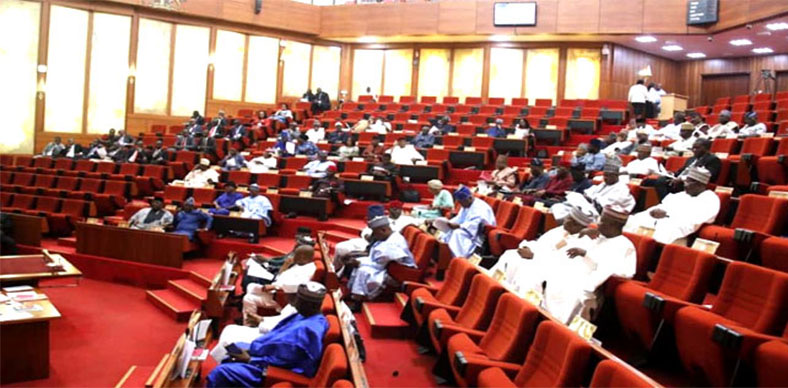The Senate has unanimously endorsed the Supreme Court’s judgment of August 11, 2024, which granted financial autonomy to Nigeria’s 774 Local Government Councils. The Senate emphasized the importance of this ruling during its Wednesday plenary session, urging all tiers of government to adhere to the verdict. It also resolved to work closely with the House of Representatives to amend key sections of the 1999 Constitution, ensuring smooth implementation of the court’s decision.
These resolutions stemmed from motions introduced by the Deputy Senate President, Jibrin Barau, and seconded by Senators Abdul Ningi and Tahir Monguno. However, the Senate’s endorsement came after it faced significant challenges over the enforceability of the Supreme Court’s ruling at both state and local government levels.
The plenary began with Senator Tony Nwoye (LP, Anambra North) invoking Senate Standing Orders 41 and 51 to raise concerns over attempts by some state governments to sidestep the ruling by passing counter-laws through their State Houses of Assembly. Nwoye, supported by nine other senators, accused certain state governors of enacting laws requiring local governments to transfer funds to the State/Local Government Joint Account—a practice deemed unconstitutional by the Supreme Court.
Following Nwoye’s six-point motion for enforcing the judgment, seconded by Senator Osita Izunaso (APC, Imo West), Senator Adamu Aliero (PDP, Kebbi Central) cited a constitutional point of order to halt the debate. He referenced Section 287 of the 1999 Constitution, which mandates the enforcement of Supreme Court judgments across the country, and urged the Senate not to prolong the discussion.
Senate President Godswill Akpabio concurred, citing Section 162, Subsection 6 of the Constitution, which established the controversial State/Local Government Joint Account. He noted that this provision must be amended for the full implementation of the Supreme Court’s ruling.
Before a final decision was reached, Senator Nwoye invoked Order 42 of the Senate Standing Rules to offer a personal explanation, while Senator Abdulrahman Kawu Sumaila (NNPP, Kano South) raised a similar point of order. The simultaneous motions led to considerable confusion, prompting an emergency closed-door session at 12:46 p.m.
The session lasted nearly two hours and concluded with the adoption of two separate motions, both moved by the Deputy President of the Senate.



